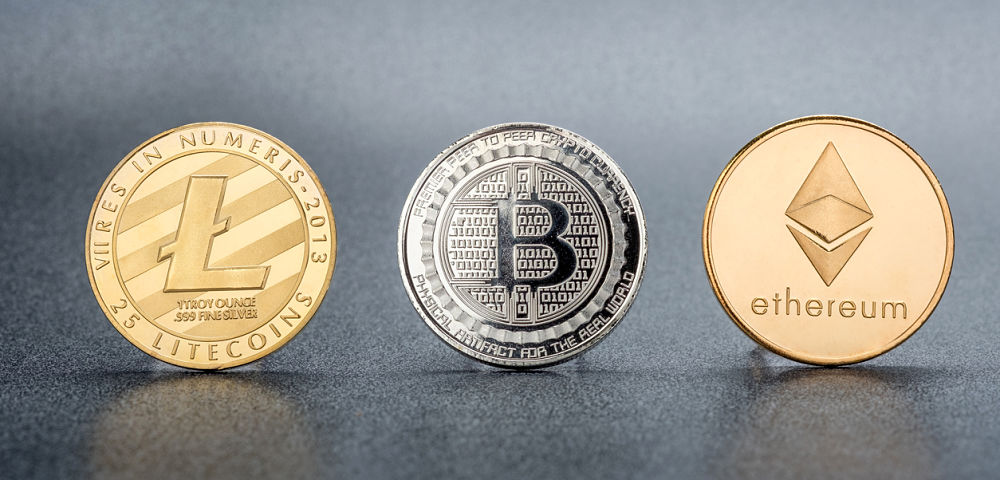Following the popularity of digital currency since the second quarter of 2017, there has been an increasing number of cyber crimes.
On 17th May 2017, Sean [name changed for privacy reasons], a tech consultant, found out that his phone account had been hacked. The hackers had essentially switched the SIM card from his phone to theirs and used it to access his Bitcoin account. From there, they siphoned his Bitcoin money in increments.
Sean is not the only victim in a new wave of crimes that have seen malicious fraudsters target cryptocurrency account holders. There have been several other disturbing tales of such attacks.
No doubt, cryptocurrency and cybersecurity are two sides of the same coin, and analysts generally advise investors to focus on companies that employ strong cybersecurity technologies.
However, is it wise for a cryptocurrency trader to leave the security of their investment to a trading platform or broker alone? No. Here are some expert tips on best practises for cryptocurrency investors in 2018 to ensure they don’t fall victim, like Sean.
1.Never use a regular email for cryptocurrency exchanges
A common mistake some people make is to use their regular email account for their cryptocurrency trading. Experts advise this is risky, as it exposes the trader to all kinds of electronic breaches. It’s best to use regular email just for nondescript messages.
Before engaging in any cryptocurrency exchange, an investor should set up a unique email account specifically for that purpose. They should also be sure to use a password that would prove difficult for hackers to breach. It may sound extreme, but a cryptocurrency investor can’t take any chances.
2.Be careful about revealing details of cryptocurrency deals in public
An online money trader must watch what they say in public, particularly on social media.
Some traders have boasted about their gains, only to discover their account hacked the very next day. An investor needs to contact their network provider and set up every level of phone security possible, and also add a passcode.
The next stage of security is for the investor to use a ‘Do not port’ SIM card for their phone account. This can be effective for up to 12 months. Even if an investor’s cryptocurrency exchange advertises that “security is its priority” and has designs in place to protect traders, it’s best never to be lax about one’s cyber investment. A cryptocurrency exchange company is not a bank.
3.Practise cold wallet and hot wallet transacting
It’s safer for an investor to to keep some of their cryptocurrency offline or in a ‘cold wallet’. This is not a brand name. Rather, cold wallet is simply the act of saving bitcoins offline to reduce the chances of theft by hackers employing online techniques. Conversely, ‘hot wallet’ is an online account for the investor’s daily internet transactions.
A cold wallet operates like a regular savings account, while the hot wallet works like a checking account. This way, an investor can mitigate any risks to their hot wallet and protect their earnings as they grow.
Source/More: Best Practices for Cryptocurrency Investors in 2018 | Equities.com

















